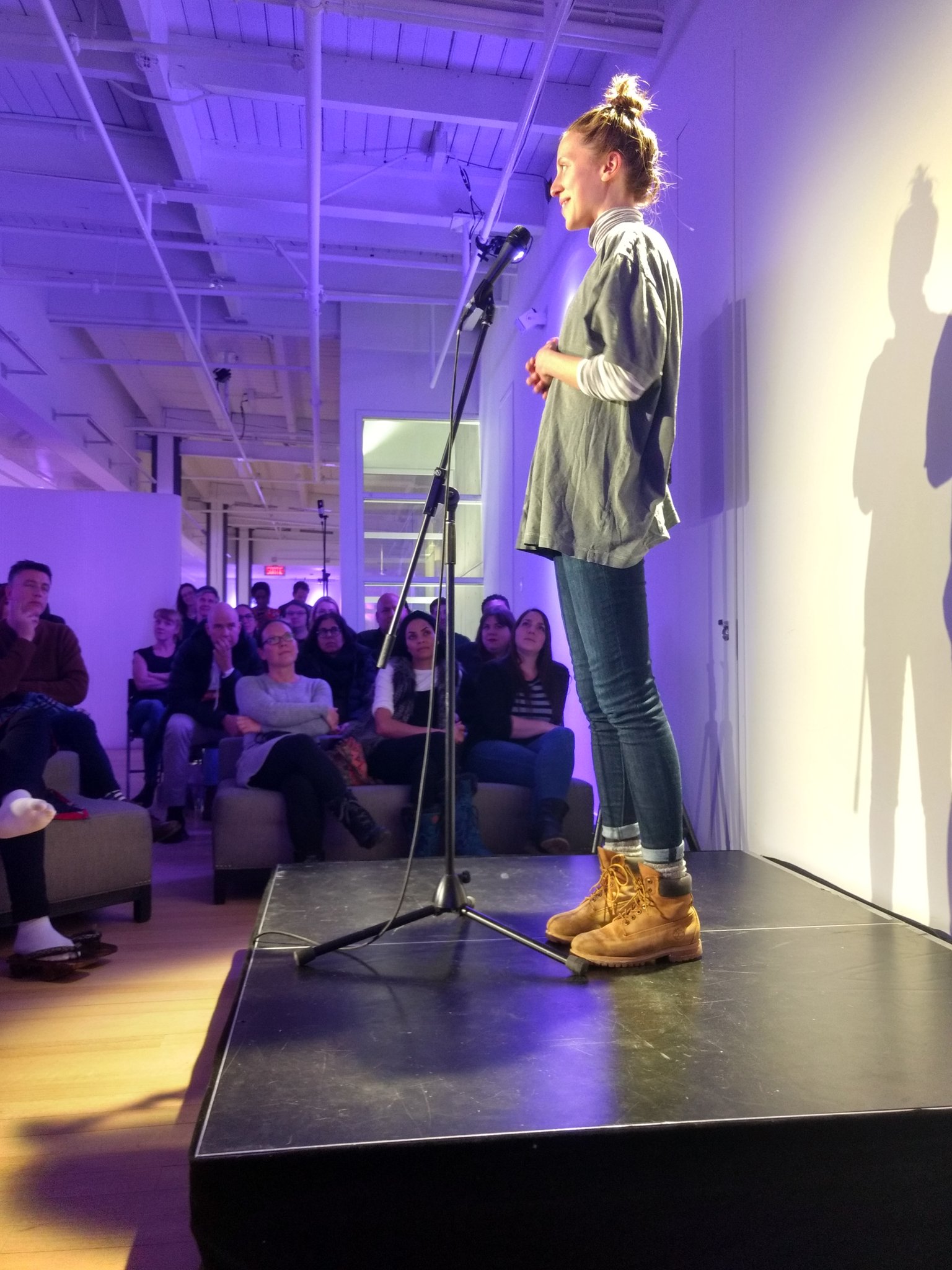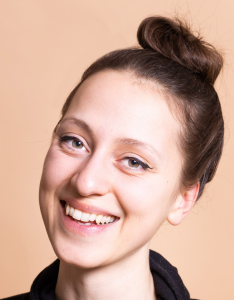
Dr. Alice Fleerackers
Postdoctoral fellow, School of Journalism, Writing, and Media at University of British Columbia, and Postdoctoral fellow, Scholarly Communications Lab, Simon Fraser University
science communication, health communication, health uncertainty, misinformation, public understanding of science, journalism, social media, news, communication
Media
Policy Crunch - Vaccines and Bioethics: Unpacking the Blackbox
As of 15 September 2020, there were 29,155,581 confirmed cases of the SARS COVID-19 virus around the world, including 926,544 deaths (according to the World Health Organization). As the pandemic enters its ninth month, scientists around the world continue work to understand how the virus operates and why it affects many people differently. Meanwhile biochemists race to develop an antidote to the virus, which will likely come in the form of a vaccine. This panel explores how vaccines are made and the ethical questions that arise from rushing a vaccine and mandating inoculations.
Canadian Science Policy Centre 2019
Canadian Science Policy Conference 2019, Ottawa.
Alice Fleerackers, Researcher at Scholarly Communications Lab. interviewed by CSPC team member, Alexander Kostenko.
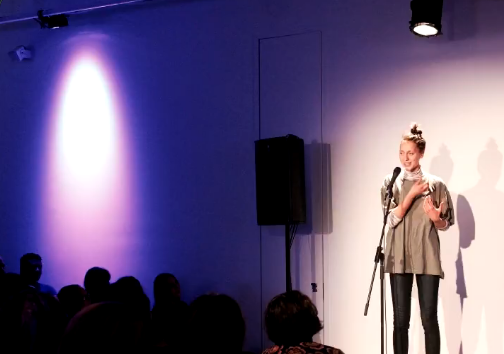
Part 1: Stories of Bodies
BROAD Science Podcast, April 11, 2020Radio/Podcast
URL: https://podcasts.apple.com/ca/podcast/part-1-stories-of-bodies/id1330119336?i=1000471211981
Confabulation and Broad Science Presents Bodies. This show explored the theme of Bodies. Storytellers spoke about bodies both as human and celestial shells, as well as exploring the forms that define our lives.

Interview with Viewpoints Radio on vaccine hesitancy
Newstalk 800 CJAD, February 29, 2020Radio/Podcast
I spoke with host Todd van der Heyden about the challenges of becoming vaccinated as an adult. I also shared my views on misinformation, vaccine hesitancy, and the role stigma and emotion can play in the decision to to get immunized.
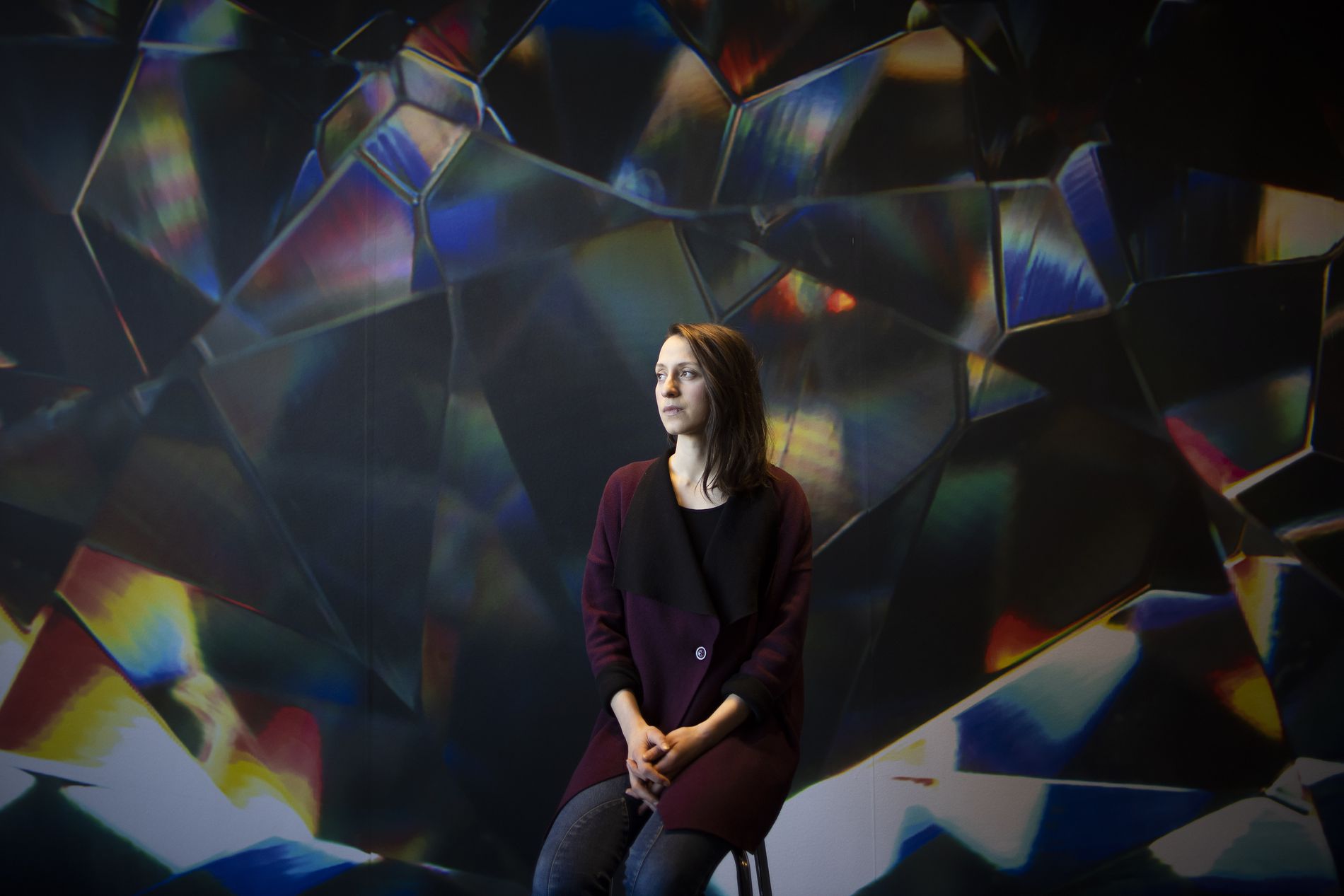
My parents were against vaccines. Getting immunized as an adult shouldn’t have been so hard
Globe and Mail, February 23, 2020Print
For many people, getting a vaccine is a minor irritation: a brief moment of discomfort in the school auditorium in childhood, or an added travel cost, an extra hassle that is soon forgotten. But for me, choosing to get vaccinated was one of the hardest decisions I’ve ever made. I am the child of two very smart, very loving vaccine hesitant parents – parents who raised me to fear what they saw as a risky, potentially life-threatening medical procedure. In this essay, I share the challenges I faced in deciding to finally become vaccinated, as well as commentary on vaccine hesitancy, misinformation, the role of scientific evidence in public life.
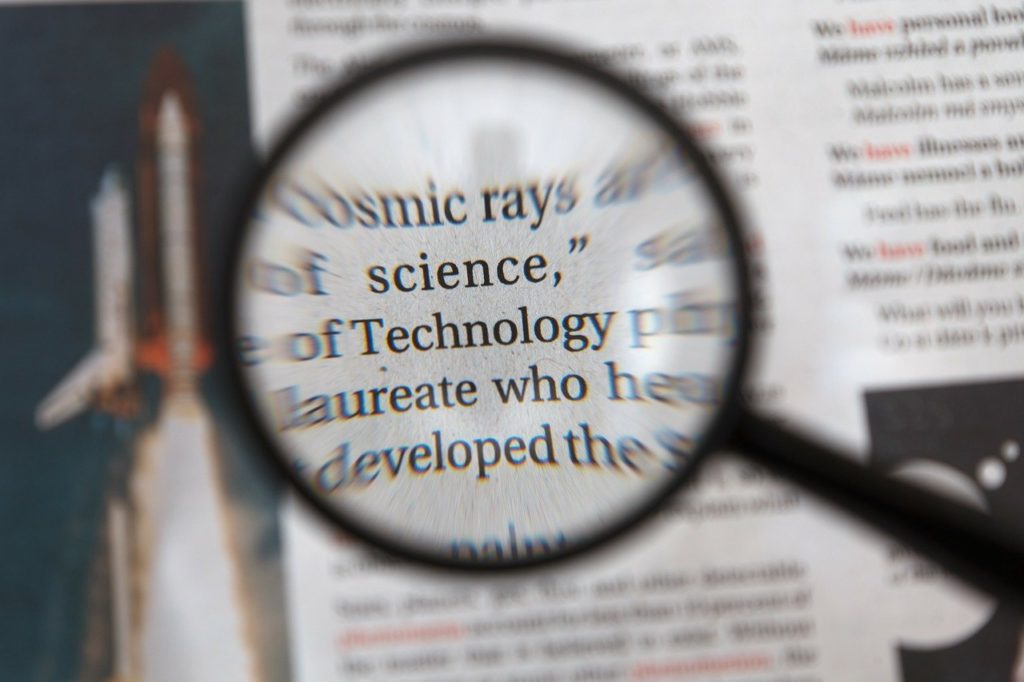
In the rush for coronavirus information, unreviewed scientific papers are being publicized
The Conversation Canada, January 13, 2021Online
The rapid pace at which science is moving is exciting. In addition to producing vaccines, scientists have found ways to prevent the virus from spreading, dispel pandemic myths and identify communities most at risk of falling ill. But the “warp speed” at which science is moving can also be dangerous, especially when inconclusive or unverified research studies gain public attention.
As researchers studying science and health communication, our team has been paying close attention to the way one form of preliminary research — the preprint — makes its way to audiences.
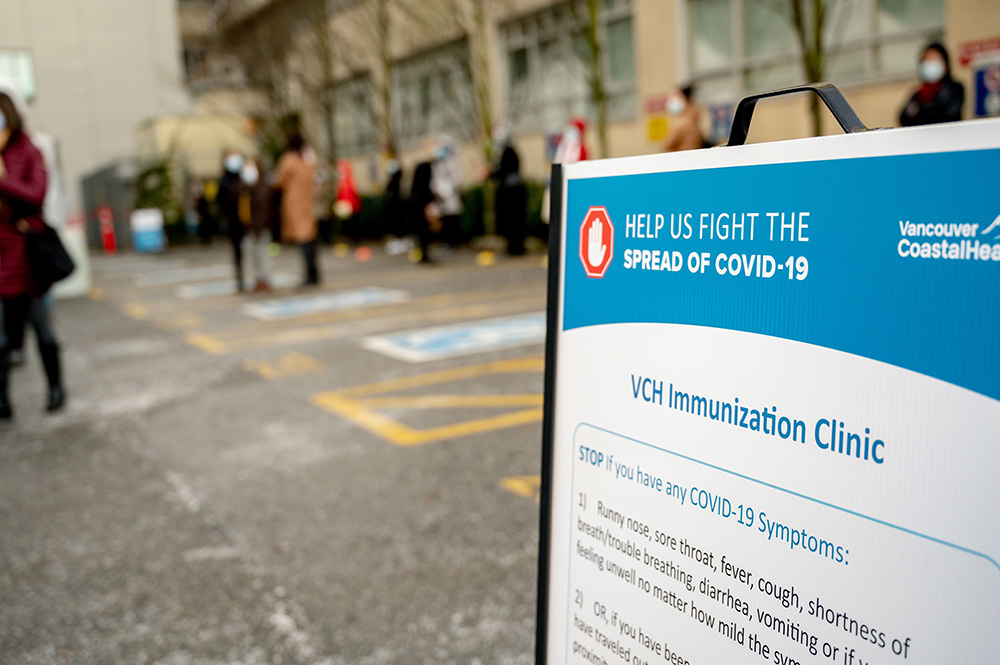
Don’t Hold Back the Vaccine for a Second Dose. And More New Virus Science
The Tyee, January 5, 2021Online
URL: https://thetyee.ca/News/2021/01/05/Science-Journals-Vaccine-Second-Dose/
The COVID-19 pandemic has led to an explosion in media reports on scientific studies published as preprints — that is, preliminary results that have not yet been peer reviewed and verified by other scientists. Normally these kinds of publications attract little attention until they have been reviewed and published in a scientific journal, but the urgency of the pandemic meant that journalists had to report on them in the absence of reviewed studies. This has had benefits, as sharing early findings about prevention strategies can help save lives, but also caused problems. For example, an early report that linked smoking with COVID-19 prevention received a lot of coverage, though the finding was later discredited.
Analyzing more than 500 online news reports on preprints, researchers at Simon Fraser University found that only half of the stories made it clear that the research they were reporting on was preliminary, unreviewed, or unverified. Interestingly, established legacy publications like the New York Times or the Guardian were just as inconsistent as newer online publications like Medium.

The ‘Just Say No’ Approach to Youth Partying Won’t Work, Say Experts
The Tyee, November 6, 2020Online
URL: https://thetyee.ca/News/2020/11/06/Youth-Just-Say-No-Partying-Approach-COVID/
Health Minister Adrian Dix added to his long list of COVID-19 catchphrases on Thursday, this time turning his attention to house parties. But instead of shaming and blaming, experts urge the government to try pandemic partying ‘harm reduction.’
“It’s very hard to drop one thing without an alternative,” said Alice Fleerackers, a PhD student and researcher in health communication at Simon Fraser University. “You can’t just tell us not to do something, without giving us some suggestions of what we can do.” Young adults under 39 make up about half of COVID-19 cases in B.C. despite accounting for only around 30 per cent of the population, according to the province’s most recent modelling presented on Oct. 5.
Fleerackers noted young adults are more likely to be frontline and service workers, to take transit and to live with roommates or in situations that make limiting contacts very difficult, which could account for their disproportionate share of cases. “Obviously they’re still a core part of our society and of how this virus can spread,” said Fleerackers.
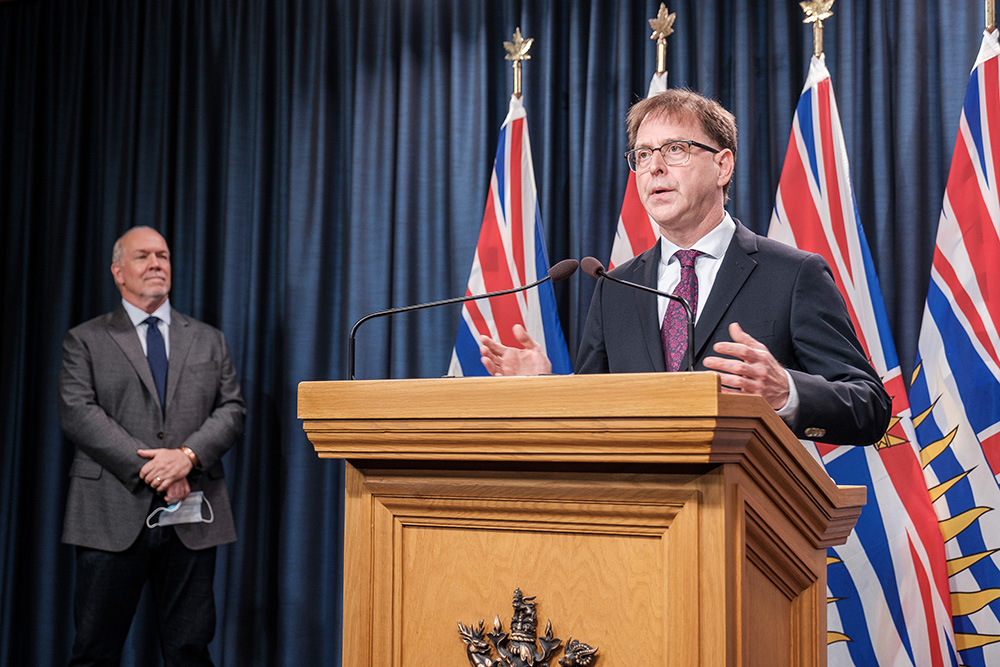
BC Sees a Spike in COVID-19 Cases, but No New Rules Yet
The Tyee, November 2, 2020Online
URL: https://thetyee.ca/News/2020/11/02/BC-COVID-Spike-No-New-Rules-Yet/
Fraser Health region still the province’s pandemic hotspot as health officials face a ‘concerning’ increase in infections. Alice Fleerackers, a PhD student and researcher in health and science communication at Simon Fraser University said public health officials should be working to engage young adults under 39, who continue to make up a disproportionate number of cases. “There’s often public communication that treats young people as inherently irresponsible, without addressing why people are having a higher risk,” she said. Many young adults live with multiple roommates, rely on public transit or don’t know how to interpret the COVID-19 guidelines on visiting others.
Communicating Scientific Uncertainty in an Age of COVID-19: An Investigation into the Use of Preprints by Digital Media Outlets
by Alice Fleerackers, Michelle Riedlinger, Laura Moorhead, Rukhsana Ahmed & Juan Pablo Alperin
Published by Health Communication
January 3, 2021
In this article, we investigate the surge in use of COVID-19-related preprints by media outlets. Journalists are a main source of reliable public health information during crises and, until recently, journalists have been reluctant to cover preprints because of the associated scientific uncertainty. Yet, uploads of COVID-19 preprints and their uptake by online media have outstripped that of preprints about any other topic. Using an innovative approach combining altmetrics methods with content analysis, we identified a diversity of outlets covering COVID-19-related preprints during the early months of the pandemic, including specialist medical news outlets, traditional news media outlets, and aggregators. We found a ubiquity of hyperlinks as citations and a multiplicity of framing devices for highlighting the scientific uncertainty associated with COVID-19 preprints. These devices were rarely used consistently (e.g., mentioning that the study was a preprint, unreviewed, preliminary, and/or in need of verification). Less than half of the stories we analyzed contained framing devices emphasizing uncertainty. Outlets in our sample were much less likely to identify the research they mentioned as preprint research, compared to identifying it as simply “research.” This work has significant implications for public health communication within the changing media landscape. While current best practices in public health risk communication promote identifying and promoting trustworthy sources of information, the uptake of preprint research by online media presents new challenges. At the same time, it provides new opportunities for fostering greater awareness of the scientific uncertainty associated with health research findings.
URL: https://www.tandfonline.com/doi/full/10.1080/10410236.2020.1864892
Framing science: How opioid research is presented in online news media
by Lisa Matthias, Alice Fleerackers, and Juan Pablo Alperin
Published by Frontiers in Communication
September 30, 2020
Popular news media play an instrumental role in shaping public perception of issues like the opioid crisis. Using a detailed coding instrument, we analyzed how opioid-related scholarly publications were covered in 149 news stories published by nine major US and Canadian online news outlets at the height of the crisis. We find that a small proportion of available studies receive coverage, mostly within issue-focused rather than science communication news stories. While most studies are framed as established “facts,” stories rarely provide sufficient information for news consumers to critically evaluate the validity of the research. Potential implications for science communication and public perception of the opioid crisis are discussed.
URL: https://www.frontiersin.org/articles/10.3389/fcomm.2020.00064/full
You-niversity? Perceptions on the public effectiveness of university knowledge production
by Alice Fleerackers & Carina Albrecht
Published by Public Philosophy Journal
July 8, 2020
Initiatives, such as Open Access, citizen science, and publicly-engaged scholarship, are changing the nature of academic life, pushing university faculty to reconsider their relationship to the community(ies) within which they live and work. But in the conversation about public scholarship, who represents the voice of the public? Are those outside of the university satisfied with how higher education institutions engage their communities? Do they feel they can access and contribute to the knowledge produced at universities? And how do their expectations about university-community collaboration align with those of faculty members? We explore these questions and others through two surveys—one directed at faculty, one at members of the public—to better understand how these distinct groups view the changing role of the university in public life. We find evidence that members of both university faculty and the public support the idea of university-community collaboration in theory—with both groups acknowledging numerous potential benefits for society and for academia—but struggle when putting it into practice. We conclude by discussing some of the potential barriers that prevent successful community-university engagement.
URL: https://publications.publicphilosophyjournal.org/record/?issue=6-18-224912&kid=6-15-224914
Biography
Dr. Alice Fleerackers is a postdoctoral fellow at the School of Journalism, Writing, and Media at the University of British Columbia and at the Scholarly Communications Lab, Simon Fraser University. Her research focuses on how health science is communicated to the public, especially through journalism and social media. She is also the co-director of the Diversity, Equity, Inclusion, and Accessibility committee for the Public Communication of Science and Technology Network. She is a freelance writer covering health, science, and psychology. Fleerackers is also the research officer at the nonprofit, Art the Science, where she studies the role of art in the public communication of science.



